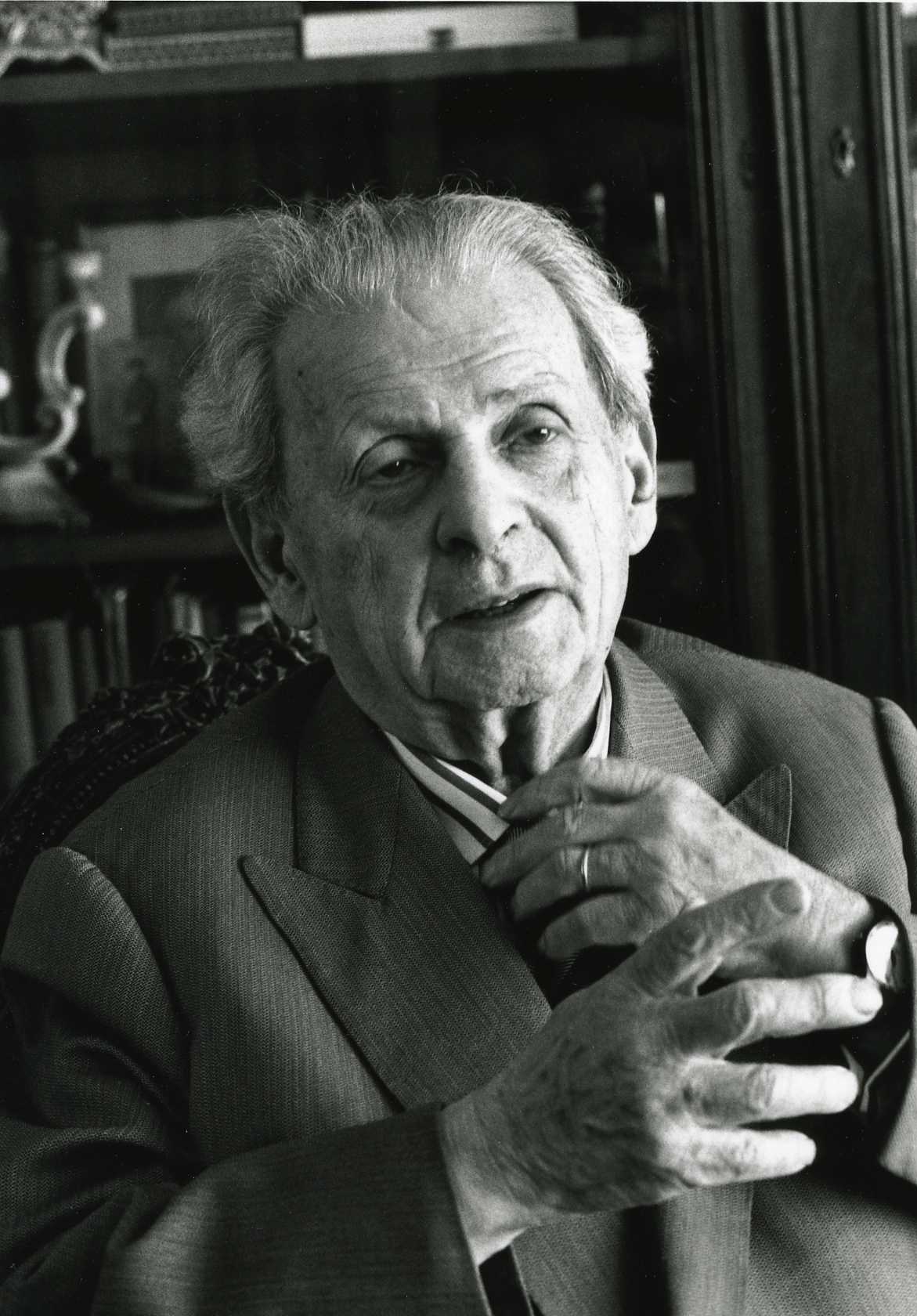[Short opinion by piece by me, on RE in schools - DW]
There has been a lot of noise recently about school-based Religious Studies (or, to those of us over a certain age Religious Education / RE). Its exclusion from the EBacc proposals and cuts to funded PGCE numbers have led to real concerns about the subjects future. Of course, RE teachers, and those that seek to represent them, have been quick to defend the subject and argue for its benefits. But reading through online comments (which, I know, is bad for anyone’s mental health / general view of humanity), I became aware of a fault line between defenders of RE and many with whom I normally agree / share opinions. A general hostility to religion has led many atheists to argue that RE’s marginalisation is welcome, and socially beneficial.
Irrespective of the arguments for and against the ‘new’ atheism, I want to suggest that such reluctance to support RE is predicated on a fundamental misunderstanding of how the subject is taught, and the benefits it offers young people. If you look to the lessons provided by RE teachers it soon becomes clear the RE has, largely through a series of historical accident, become the primary means by which pupils encounter questions of ethics. Further to this, it is the only subject ion schools where philosophy is systematically introduced to students. At AS and A2 level, the influence and popularity of certain modular components of contemporary curricular are so strong that many pupils (and students applying for, and arriving at, University) refer to the Religious Studies A level as ‘Philosophy and Ethics A level.’
While many, myself included, would like to see Philosophy taught as a mainstream subject in schools, that is not on offer now, or likely to be in the short to medium term. So I would suggest that if you are in favour of students developing critical thinking, of young people encountering the substantive arguments against as well as for religious belief, and of their introduction to philosophy and ethics as an academic discipline- you need to put aside any reservations about the consequences of religious belief in society – and stand up for Religious Education.
The debates sparked by writers such as Richard Dawkins, Stephen Hawking, Daniel Dennett and others are important, but to asses them and come to their own conclusions, young people need to well informed of the context, nature and intellectual history of these issues. Even the most devout atheist should be able to see that what young people need in assessing religious claims is a foundation of critical, reflective understanding and knowledge in which to ground their views. Some might even suggest that RE is currently a Trojan Horse for critical thinking and philosophy: maybe there is some truth to that. But as long as it serves to not merely to support faith, but to question and engage with it – it has value. If RE can use its window on ethics to prompt young people to ask searching questions about social justice, poverty, crime and punishment, truth and the nature of meaning – surely we can put aside differences over the truth of religious propositions, and agree that this is vital and urgent work – and that both students and society stand to suffer from its marginalisation.

